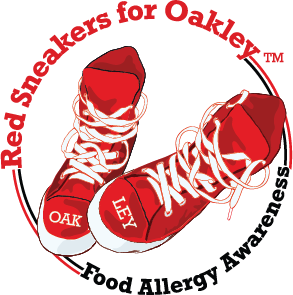Adverse Reactions to Foods Existed as Far Back as 2698 BC
“What is food to one, to another is rank poison,” — this is a line from a poem written by Titus Lucretius Cato (98–55 BC). This was penned over 2000 years ago!
The first account of food allergy is generally attributed to Hippocrates, who is known to have first recognized that food could be responsible for adverse symptoms and even death in some individuals.
But it was Chinese emperors Shen Nong(∼2735 BC) and Huang Di(2698-2598 BC) who provided advice for pregnant women to avoid certain foods, e.g., shrimp, chicken, and meats; and for individuals with certain skin lesions to avoid certain kinds of foods.
This strongly suggests that an understanding of adverse reactions to foods was known to people as long ago as 2698 BC!
While various reports of reactions to foods appeared periodically in medical literature, the classic experiment of Prausnitz in 1921 initiated the scientific investigation of food allergy and established the immunologic basis of allergic reactions.
We've come a long way since then.
The characteristics of food allergic disorders and food allergic symptoms have been more precisely defined.
This has improved the diagnostic accuracy of the medical history and its utility in guiding appropriate laboratory studies.
Almost four decades ago, few allergists performed oral food challenges, whereas today oral food challenges are the accepted “gold standard”.
While tremendous progress has been made in the diagnosis and management of food allergy, the coming years will undoubtedly witness further advances in understanding food allergies better and more thoroughly.
What do you think the future of food allergies looks like?
